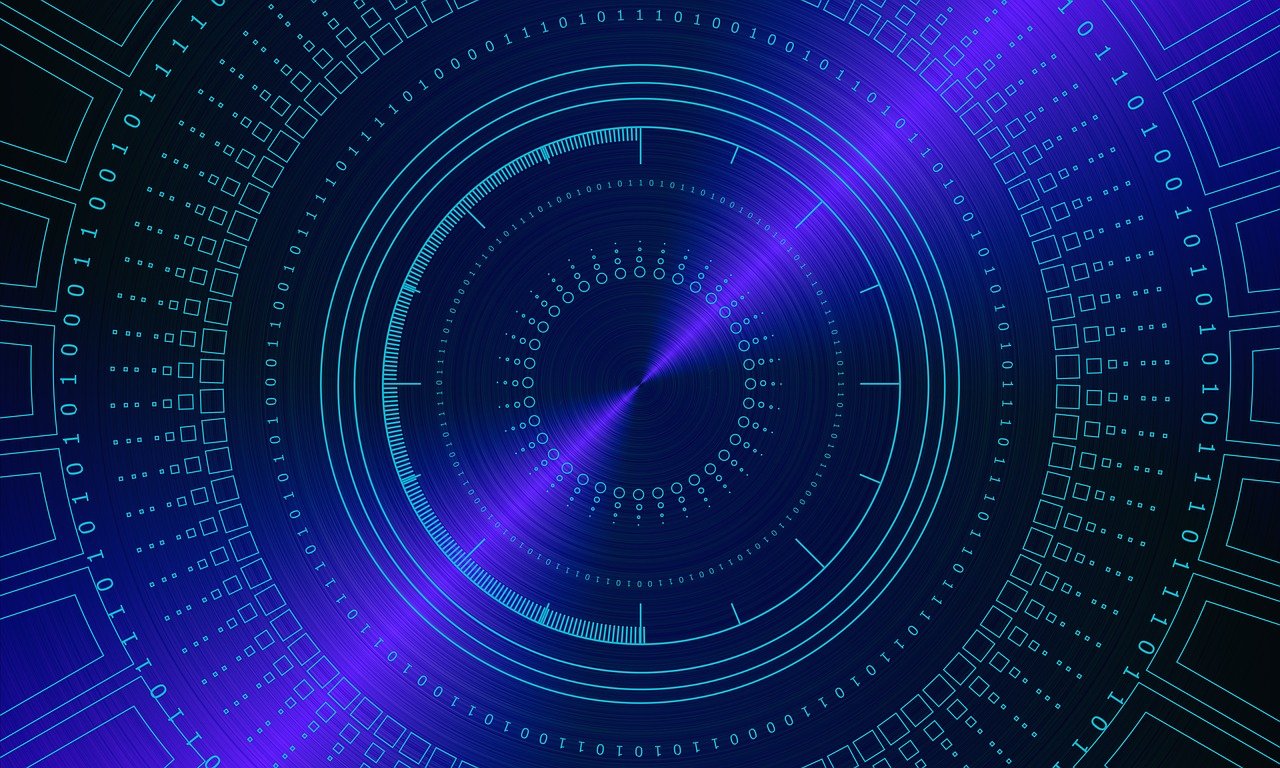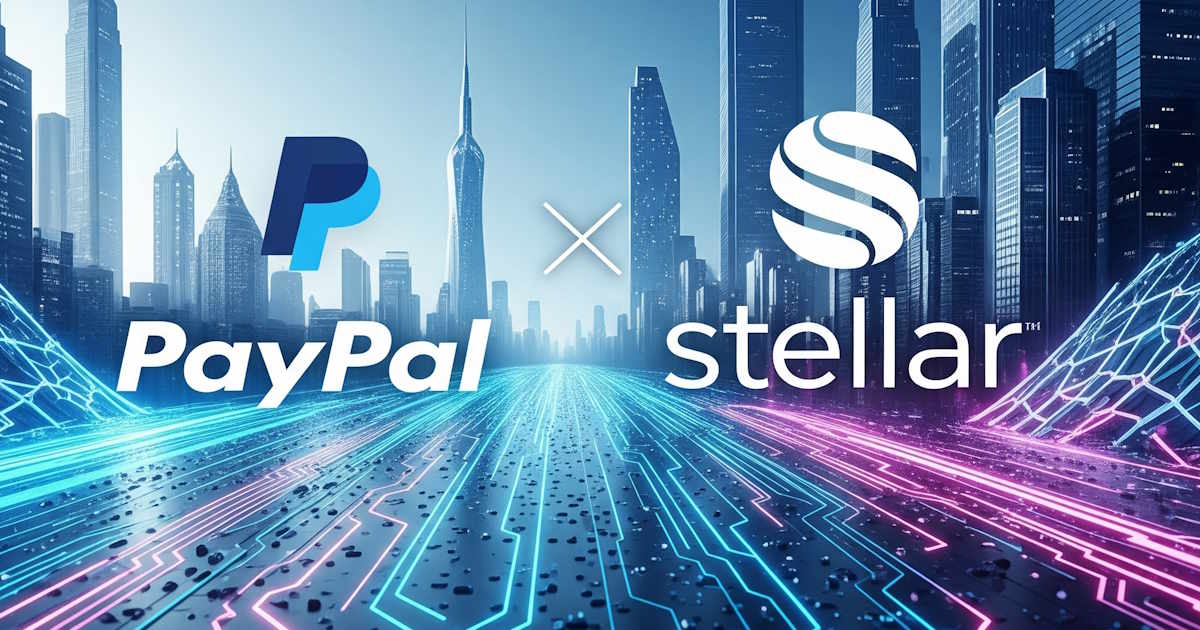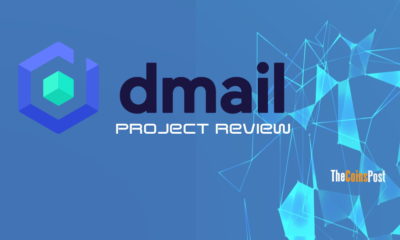Press Release
BitOasis Partners With MBC Group

BitOasis, the Middle East and North Africa’s (MENA) leading crypto-asset trading platform, has entered into a strategic partnership with MBC GROUP, the largest and leading media company in the MENA region.
The tie-up will see MBC support BitOasis in rolling out crypto educational and awareness campaigns across the region through MBC GROUP’s full portfolio of digital platforms and TV channels.
UAE-based BitOasis has grown to become the region’s largest crypto trading platform, having recorded over USD 4 Billion in trading volume to date.
According to “The Chainalysis 2021 Geography of Cryptocurrency Report”, the MENAT (Middle East, North Africa & Turkey) region’s cryptocurrency market grew by 1500% between July 2020 and June 2021. The recent surge in crypto activity makes the MENAT region one of the fastest growing markets in the world. A recent You Gov study shows that 21% of those surveyed in the UAE indicated that they intended to invest in crypto within the next 12 months – the third highest figure globally. The same survey shows that 18% of Saudi residents already trade in crypto. BitOasis plans to connect with this audience via its trusted regional brand and a new educational program distributed across the largest media network for MENA.
Commenting on the growth potential within the regional crypto space, Ola Doudin, CEO and co-founder of BitOasis said: “In countries like the UAE and Saudi Arabia crypto assets are steadily going mainstream due to early adoption by tech-savvy Millennial and Gen Z retail investors, but a massive majority across the region still do not have a good understanding of this emerging asset class. BitOasis has an obligation to address that. We are ramping up efforts to ensure consumers are aware and educated about investing in crypto across our region whilst offering the simplest and most accessible way to invest.”
Doudin continued: “Our collaboration with the MBC Group aligns with BitOasis’s long-term objective of building an efficient, secure and inclusive virtual asset ecosystem within the region. Crypto education is front and center of our strategy, and MBC’s trusted and high-visibility platforms will allow us to localize our approach towards educating regional audiences about virtual assets.”
Fadel Zahreddine, Group Director of Emerging Media at MBC GROUP added:
“We’re witnessing the fast speed at which our region is embracing and adopting the blockchain and web3 technologies. Seeing as how crypto currencies are essential to this ecosystem, we see this partnership as a natural progression as we usher in this new era.”
Srinu Chowhan, VP of Marketing & Growth at BitOasis adds: “Our goal is to bridge the crypto knowledge gap, and our partnership with MBC will help us realize this goal. BitOasis’s crypto awareness initiatives will help demystify blockchain and crypto assets, and MBC’s media platforms will play a key role in ensuring this educational content reaches across the region.”
Blockchain
PayPal USD Plans to Use Stellar for New Use Cases

PayPal just announced big plans for its stablecoin. The company wants to bring PayPal USD (PYUSD) to the Stellar blockchain network. This move could change how people use digital payments around the world.
The plan needs approval from New York regulators first. But if it goes through, PYUSD users will get access to faster and cheaper transactions. They’ll also have more ways to move money across borders.
Contents
What This Means for Users
Right now, PYUSD works on Ethereum and Solana networks. Adding Stellar gives users another option. And this option comes with some clear benefits.
Stellar is built for payments. The network handles transactions quickly and keeps costs low. For people sending money to family in other countries, this matters a lot. High fees can eat up a big chunk of what they’re trying to send.
May Zabaneh from PayPal’s blockchain team explains why this partnership makes sense. She says cross-border payments are where digital currencies can provide real value. Working with Stellar helps advance this technology for everyone.
The Stellar network already connects to payment systems in over 170 countries. This means PYUSD users could potentially send money almost anywhere in the world. They won’t need to worry about finding the right exchange or paying huge conversion fees.
How Stellar Makes a Difference
Stellar was designed with payments in mind. Other blockchains might focus on complex smart contracts or storing digital art. Stellar keeps things simple and focuses on moving money efficiently.
The network processes transactions in just a few seconds. Compare that to traditional bank transfers that can take days to clear. Users also pay very low fees, often just fractions of a penny per transaction.
Denelle Dixon leads the Stellar Development Foundation. She says bringing PYUSD to their network transforms stablecoins into practical tools. Instead of just trading tokens, people can use them for everyday financial needs.
This practical approach could help both individuals and businesses. Small companies often struggle with cash flow issues. They might wait weeks to get paid by customers but need to pay suppliers right away. PYUSD on Stellar could help bridge these timing gaps.
New Opportunities for Businesses
The partnership opens doors for something called Payment Financing or “PayFi.” This is a new way for businesses to get working capital quickly.
Here’s how it works: A small business has invoices that won’t be paid for 30 days. But they need money now to buy inventory or pay employees. With PayFi, they can get that money immediately in PYUSD. When their customer pays the invoice later, the advance gets repaid.
This system works because Stellar settles transactions instantly. Traditional financing often involves paperwork and waiting periods. PayFi happens in real-time on the blockchain.
Liquidity providers can fund these opportunities and earn returns from real economic activity. It’s not speculation or trading volatile tokens. It’s helping real businesses solve actual problems.
For small and medium businesses, this could be game-changing. They often can’t access traditional business loans easily. Banks want lots of paperwork and collateral. PayFi systems could be more accessible and faster.
Cross-Border Payments Get Easier
Sending money internationally is still expensive and slow in many cases. Traditional remittance services charge high fees. Bank wire transfers take time and cost money.
PYUSD on Stellar could fix these problems. The stablecoin maintains its dollar value, so people don’t worry about price swings. The Stellar network moves it quickly and cheaply.
Workers sending money home to families could save significant amounts on fees. Businesses importing goods could pay suppliers faster and more efficiently. Even tourists could potentially use PYUSD for payments while traveling.
The network’s extensive infrastructure helps make this possible. Stellar connects to local payment systems and cash networks in many countries. Users can convert between PYUSD and local currencies more easily.
The Technology Behind It
Stellar runs differently than some other blockchains. It doesn’t use energy-intensive mining like Bitcoin. Instead, it uses a consensus system that’s much more efficient.
This efficiency translates to lower costs and faster processing. The network can handle thousands of transactions per second. As more people use it, the system is designed to scale up without major slowdowns.
Smart contracts on Stellar are simpler than on some other networks. They focus on practical financial applications rather than complex programs. This approach helps keep things fast and reliable.
The blockchain has been running for years and has processed billions of operations. It’s proven itself as a stable platform for financial applications.
Regulatory Considerations
PayPal needs approval from the New York State Department of Financial Services before launching PYUSD on Stellar. As of May 2025, this approval hasn’t been granted yet.
New York has strict rules about digital currencies and stablecoins. Companies need proper licenses and must follow specific requirements. PayPal already has the necessary licenses, but expanding to new networks requires additional approval.
This regulatory step is important for user protection. It ensures that companies follow proper procedures and maintain adequate reserves backing their stablecoins.
PYUSD reserves are fully backed by U.S. dollar deposits and Treasury securities. Paxos Trust Company issues the tokens and maintains these reserves. This backing helps maintain the stablecoin’s stability.
Market Impact and Competition
PayPal’s move puts pressure on other stablecoin issuers. USDC and Tether dominate the market now, but they face new competition. PYUSD’s integration with Stellar could attract users who want better payment features.
The partnership also validates Stellar’s approach to blockchain technology. While other networks chase complex applications, Stellar focuses on practical financial uses. This partnership with a major company like PayPal shows that approach can work.
For the broader crypto industry, this represents a shift toward real utility. Instead of speculative trading, stablecoins are becoming tools for actual financial services.
Challenges and Considerations
Not everything will be smooth sailing. Regulatory approval could take time or face obstacles. Different countries have different rules about digital currencies.
Technical integration also requires careful planning. PayPal needs to ensure the user experience remains simple despite the underlying complexity.
Competition from other payment networks and stablecoins will be fierce. PayPal will need to clearly demonstrate the benefits of using PYUSD on Stellar versus other options.
User education might be necessary too. Many people still don’t understand how stablecoins work or why they might want to use them instead of regular payment methods.
Looking Ahead
If regulators approve the plan, PYUSD on Stellar could launch within months. The timing depends on regulatory processes and technical preparation.
Success could lead to further expansion. PayPal might explore other blockchain networks or additional financial services built on stablecoins.
The partnership could also inspire other companies to explore similar integrations. Traditional financial services companies are watching how PayPal’s blockchain experiments perform.
For users, the key question is whether PYUSD on Stellar will actually solve real problems better than existing options. Lower fees and faster transfers sound good, but adoption depends on practical benefits.
The Bigger Picture
This announcement reflects broader trends in digital finance. Stablecoins are moving from crypto trading tools to practical payment solutions. Major companies are building real applications instead of just experimenting.
PayPal has been one of the more cautious big companies entering crypto. They’ve moved slowly and focused on regulatory compliance. This measured approach might help them succeed where others have struggled.
The focus on cross-border payments makes sense too. This is an area where traditional financial systems still have major problems. High costs and slow processing create opportunities for blockchain-based solutions.
Blockchain
Horizen’s $ZEN Holders Take the Helm with the DAO Launch

The Horizen community, get ready to embark on a revolutionary journey in governance as the Horizen DAO steps into the spotlight, as per Horizen’s new announcement.
Horizen, a public, open-source blockchain protocol, boasts a thriving ecosystem composed of developers, miners, node operators, and holders of $ZEN tokens across various blockchain networks. The introduction of the Horizen DAO paves the way for increased community involvement in decision-making and offers a platform for your voices to shape the project’s path.
Discovering the Horizen DAO
DAO, which stands for “Decentralized Autonomous Organization,” has emerged as the gold standard for decentralized governance in the blockchain world and beyond, as per Horizen’s new announcement.
Horizen has always been driven by its community, acknowledging the critical role of a strong social layer in upholding integrity throughout the ecosystem, as stated in Horizen’s new announcement. This ethos is guided by principles such as transparency, accountability, security, community engagement, continuous improvement, and social responsibility. Dive deeper into Horizen’s guiding principles on the Horizen governance page.
Stages of Proposals and Voting
The Horizen DAO takes decentralization of decision-making to new heights, encompassing both technical and non-technical aspects, along with other substantial system enhancements, as outlined in Horizen’s new announcement.
Protocol Improvement Proposals (IPs) are a well-established mechanism for selecting and implementing fresh features and fundamental protocol adjustments in numerous blockchain projects, as per Horizen’s new announcement. In Horizen’s case, these IPs are the cornerstone of the Horizen DAO’s community-driven governance. For Horizen’s primary chain and the EON sidechain, we respectively refer to these as ZenIPs and EONIPs, and they are the lifeblood of our governance process.
Ultimately, it’s the $ZEN token holders who wield the power to steer the future of Horizen, shaping the network’s evolution through active participation in the Horizen DAO, as per Horizen’s new announcement. Any holder of $ZEN can cast their vote on proposed improvements, while those with the requisite amount of $ZEN, either held or delegated, can propose changes to the community. To ensure effective community governance, users will also have the option to delegate their voting authority to individuals they trust as capable stewards of Horizen’s core values.
For a comprehensive understanding of the Horizen DAO, including its proposal phases, voting procedures, Constitution, and more, we invite you to explore the Horizen Governance page. Join us on this exciting journey to help mold the future of Horizen – we’re delighted to have you on board, as announced by Horizen.
Blockchain
MoneyGram and Stellar Blockchain: Revolutionizing Global Payments

In a recently published case study by the Stellar Foundation, the groundbreaking collaboration between MoneyGram International and the Stellar blockchain has been highlighted. This case study sheds light on the innovative solutions and transformative potential of the partnership, as MoneyGram Access brings cash-to-crypto transactions to a global scale. Let’s explore how this partnership is revolutionizing the world of global payments and financial inclusion.
Contents
The Challenge
Transforming Cross-Border Payments MoneyGram’s core objective has always been to provide efficient cross-border payment solutions to a diverse client base worldwide. As the fintech industry progressed, the company recognized the transformative potential of blockchain technology. The challenge lay in combining MoneyGram’s global reach with the power of blockchain to create a comprehensive and accessible financial ecosystem.
The Solution
MoneyGram Access and Stellar Blockchain MoneyGram International embarked on a journey to integrate Stellar blockchain into its services, leading to the development of MoneyGram Access. By leveraging the Stellar blockchain, MoneyGram Access allows users to seamlessly convert physical cash into USDC, a stablecoin backed by cash and U.S. treasuries. This feature empowers users to send funds globally, hold assets securely, and protect themselves against market volatility. Additionally, users can withdraw their USDC and receive physical cash in their local currency at any participating MoneyGram location.
Connecting On and Off-Ramps to Stellar-Powered Wallets & Applications
By adopting the Stellar Development Foundation’s SEP-24 protocol, MoneyGram gained direct access to the Stellar network and its extensive ecosystem. This integration opened doors to new user bases for MoneyGram, while wallets and applications supporting Stellar were able to tap into MoneyGram’s vast retail network. Consequently, users gained the ability to deposit or withdraw cash from their wallets via USDC on Stellar, all without the need for a traditional bank account.
Solving the Last Mile Problem without a Bank Account
With MoneyGram Access, individuals now have the option to perform cash-to-crypto transactions at participating MoneyGram locations. Users can “cash-in” by converting physical cash into USDC at their chosen MoneyGram location, or “cash-out” by withdrawing USDC and receiving physical cash in their preferred local currency. This innovative solution eliminates the barriers faced by the unbanked and underbanked populations, ensuring equitable access to digital financial services.
USDC on Stellar for Quick, Easy Settlement
Recognizing the concerns of the unbanked and underbanked regarding the volatility of cryptocurrencies, MoneyGram strategically chose to leverage USDC on the Stellar blockchain. By combining a thoroughly-audited fiat-backed stablecoin with Stellar’s optimized network, MoneyGram provides secure, quick, and affordable payment options. Transaction fees are negligible, enabling swift and cost-effective value transfers.
Impressive Results and Future Potential
MoneyGram Access has made a significant impact since its launch. With support for cash-out off-ramps in over 180 countries and a network of 300,000 locations, the solution has demonstrated its scalability and widespread adoption. Additionally, MoneyGram has successfully integrated MoneyGram Access with four wallets, expanding its reach and user base.
This cash-to-crypto use case is just the beginning of a transformative era in global finance. The versatility of MoneyGram Access holds immense potential for urgent use cases worldwide, such as cash-based aid disbursements powered by Stellar Aid Assist. The partnership between MoneyGram and Stellar has paved the way for greater financial inclusion, granting individuals in cash economies access to a broader range of financial services.
Final Thoughts
Empowering Financial Inclusion through Blockchain MoneyGram’s collaboration with Stellar blockchain has revolutionized global payments and facilitated financial inclusion on an unprecedented scale. MoneyGram Access has bridged the gap between traditional cash-based economies and the rapidly expanding world of digital finance. As blockchain continues to reshape the financial landscape, innovative solutions like cash-to-crypto transactions will empower individuals worldwide and foster a more equitable global financial system.
-

 Altcoins5 years ago
Altcoins5 years agoProject Review: Pi Network, a New Scam Project in Town
-

 Bitcoin4 years ago
Bitcoin4 years agoBitcoin Worth $1.2M Seized From Arrested Indian Hacker
-

 Altcoins6 years ago
Altcoins6 years agoReview: Play Arcade Games Inside ARK Wallet And Win Some Free Cryptocurrency
-

 Blockchain6 years ago
Blockchain6 years agoA Full Review: Utopia A New Decentralized P2P Blockchain
-

 Bitcoin6 years ago
Bitcoin6 years agoAnother Exit Scam: NovaChain Shuts Down
-

 Exchanges6 years ago
Exchanges6 years agoCrex24 Will Require KYC Verification
-

 Bitcoin6 years ago
Bitcoin6 years agoJohn McAfee Has Gone Missing
-

 Blockchain6 years ago
Blockchain6 years agoProject Review: Dmail Decentralized Blockchain Email








